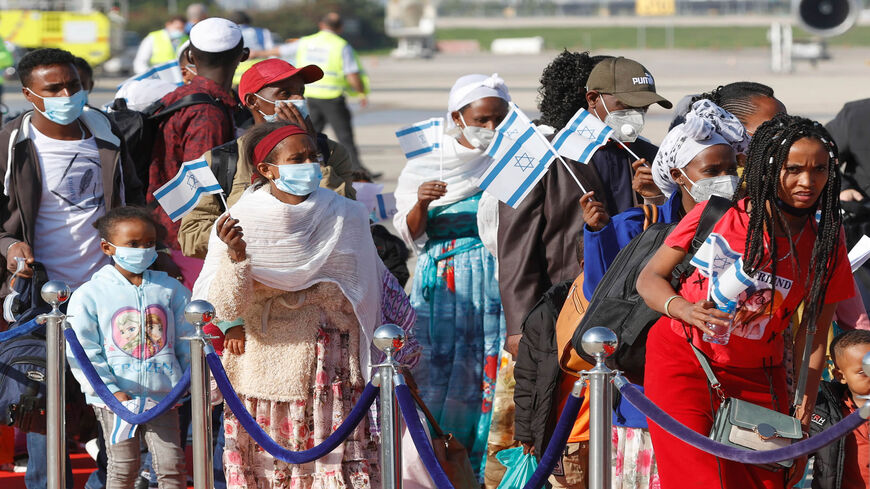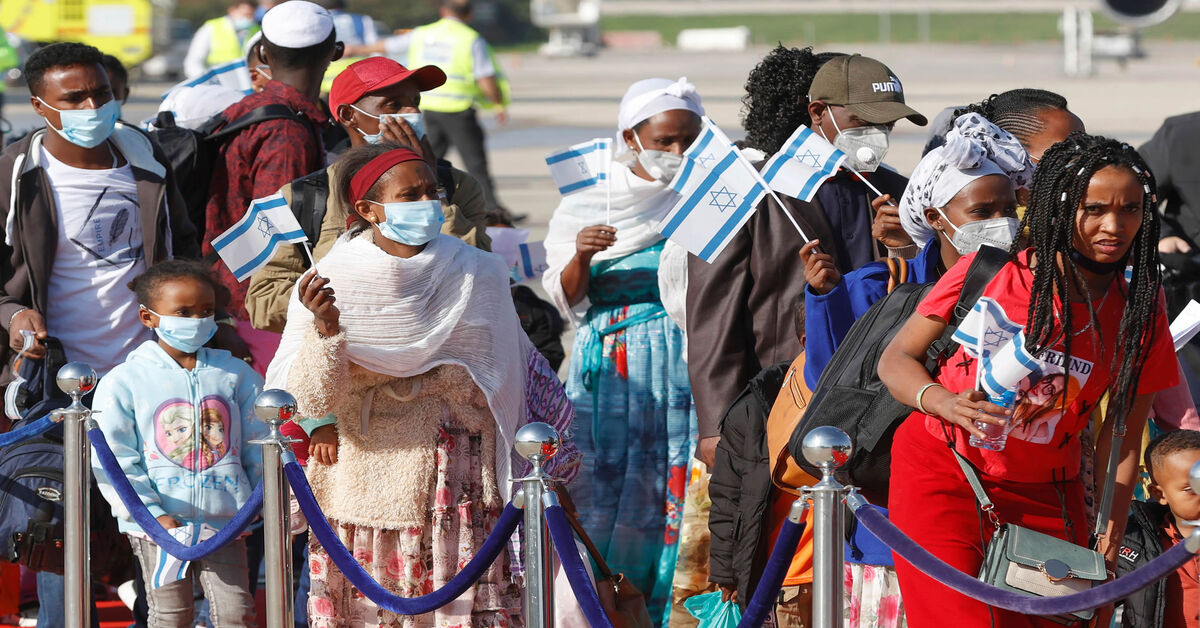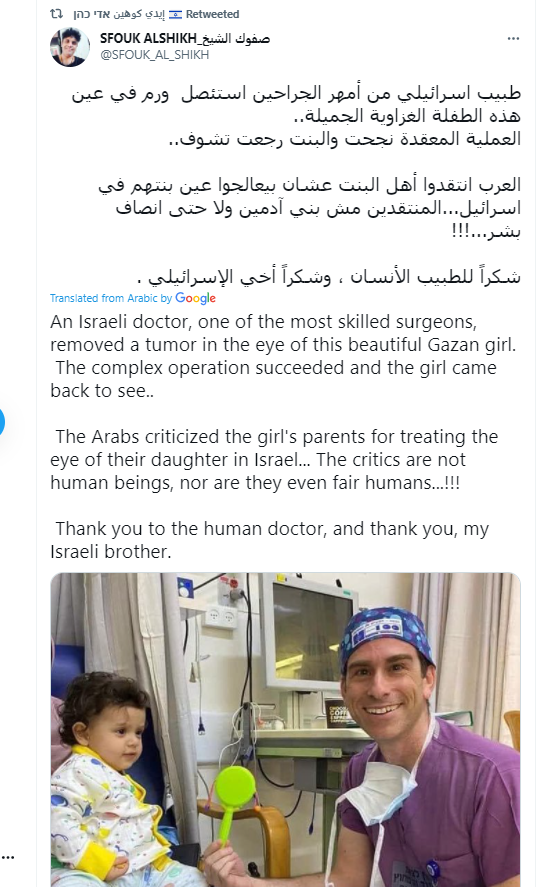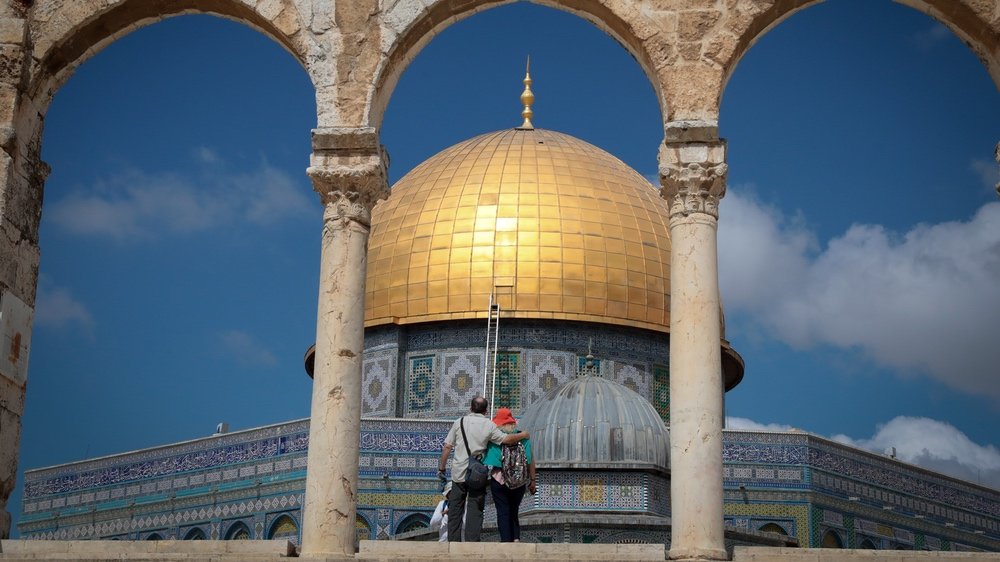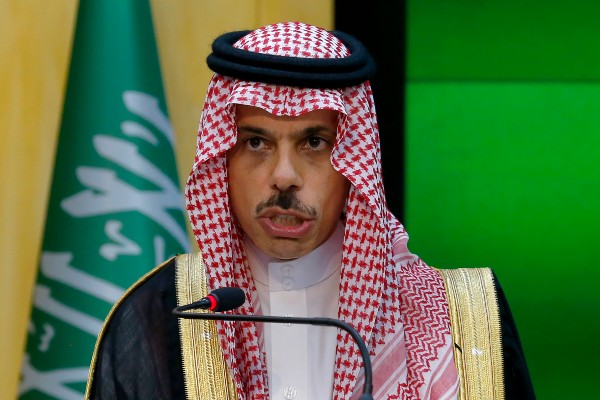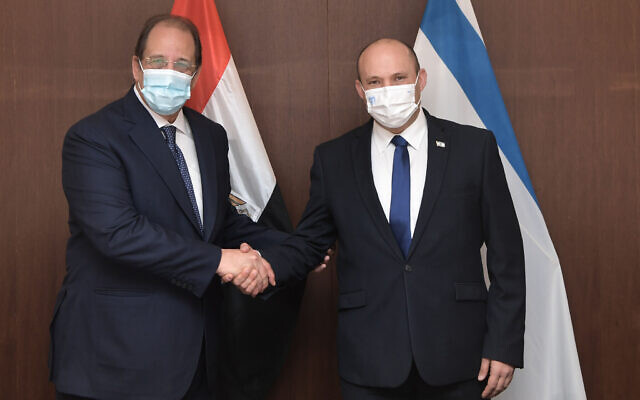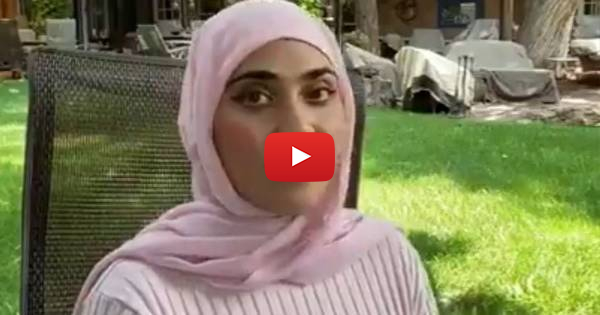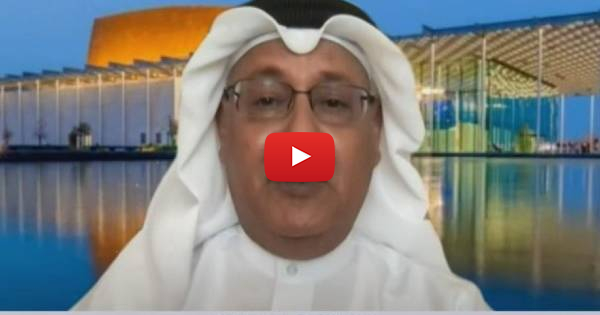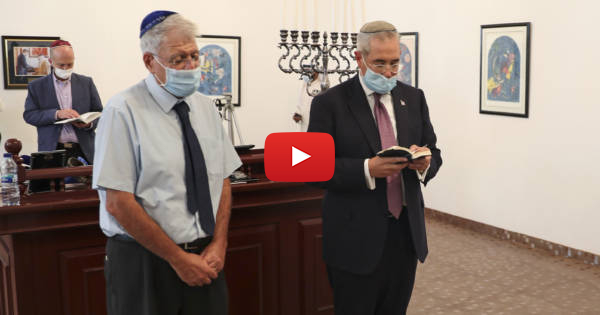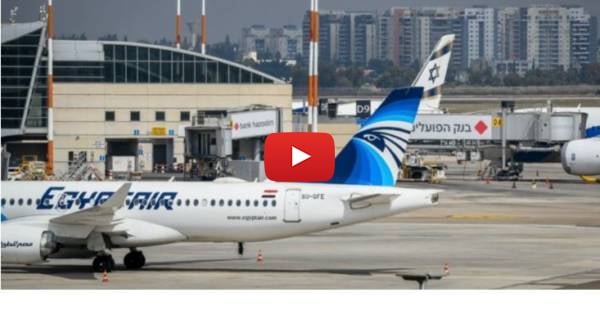rylah
Gold Member
- Jun 10, 2015
- 21,953
- 4,689
- 290
Africa & Middle East 2021-2028: Focus on Egypt, Israel, Kenya, Nigeria, Saudi Arabia, South Africa & UAE
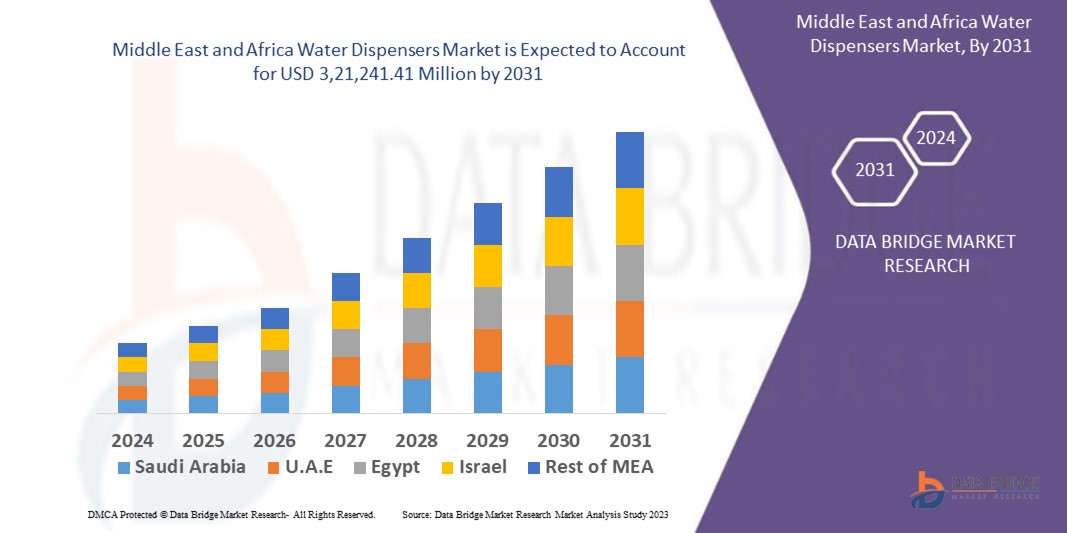

Africa & Middle East Buy Now Pay Markets 2021-2028: Focus on Egypt, Israel, Kenya, Nigeria, Saudi Arabia, South Africa & UAE
/PRNewswire/ -- The "Africa & Middle East Buy Now Pay Later Business and Investment Opportunities (2019-2028) Databook - 75+ KPIs on Buy Now Pay Later Trends...
Last edited:
